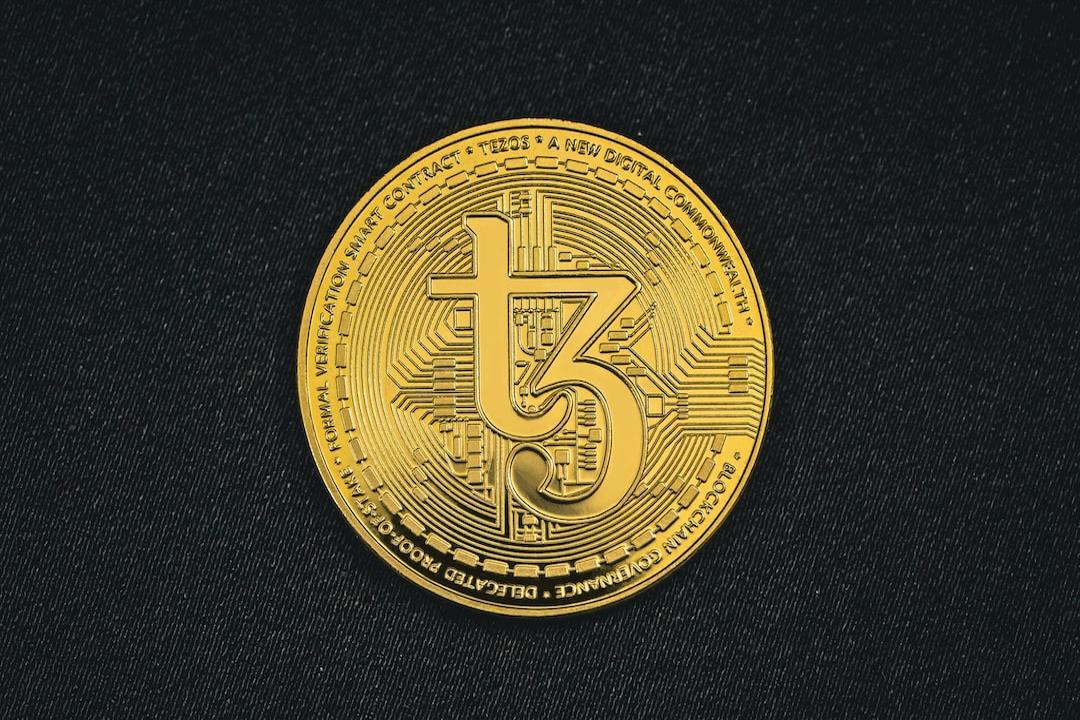YEREVAN (CoinChapter.com) — California Assembly Bill 1052, also known as the digital assets bill, was updated on March 28, 2025.
Assemblymember Avelino Valencia, chair of the Banking and Finance Committee, changed the bill’s name from “Money Transmission Act” to “Digital assets”. The update clearly focuses on Bitcoin rights and protections for crypto holders.

The amended bill aims to guarantee crypto self-custody rights for nearly 39.4 million California residents. The language confirms that digital assets like Bitcoin are a legal form of payment in private transactions. It also blocks public entities from banning or taxing digital assets just for being used as payment.
Dennis Porter, CEO of Satoshi Action Fund, stated on March 30:
“California often sets the national blueprint for policy, and if Bitcoin Rights passes here, it can pass anywhere.”
He added that it would protect the right to self-custody without discrimination.

AB 1052 Includes Conflict of Interest Rules for Public Officials
The digital assets bill adds new language to the California Political Reform Act of 1974. It stops public officials from promoting or investing in digital assets if it creates a conflict of interest.
One section of AB 1052 states:
“A public official shall not engage in any transaction or conduct related to a digital asset that creates a conflict of interest with their public duties.”
The rule applies to digital assets, securities, and commodities. This limits how officials interact with crypto while holding office.
These changes highlight an effort to separate public duty from personal crypto activity. The bill restricts officials from promoting crypto projects or holding positions in related firms.
The amended AB 1052 is now in the desk process, which means it has been introduced and is waiting for its first reading. Once read, it can move to committee discussions or floor debate.
Current data from BTC Maps shows that 99 merchants in California accept Bitcoin for payments. The state is also home to major crypto firms like Ripple Labs, Solana Labs, and Kraken.
If passed, the digital assets bill would give these companies and residents legal backing for crypto use and storage.
Bitcoin-Related Bills Increasing in U.S. States
Across the U.S., 95 Bitcoin-related bills have been introduced in 35 states, according to Bitcoin Law. These include 36 active Bitcoin reserve bills. States continue to propose legislation related to Bitcoin rights, custody, and reserves.

On March 6, the Texas Senate passed its Bitcoin reserve bill with a 25-5 vote. Kentucky Governor Andy Beshear signed a Bitcoin rights bill into law on March 24. These bills often aim to define Bitcoin custody and state-level reserve management.
California lawmakers also proposed a stablecoin bill on February 2, 2025. The bill targets rules around collateral requirements, redemption mechanisms, settlement processes, and security audits.
The stablecoin bill works alongside AB 1052 to cover different areas of crypto regulation. While AB 1052 focuses on Bitcoin rights and crypto self-custody, the stablecoin bill looks at stable value assets and their legal structure.
At the national level, President Donald Trump signed an executive order to create a Strategic Bitcoin Reserve and Digital Asset Stockpile. These will use forfeited crypto from government criminal cases.
